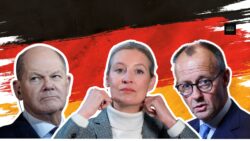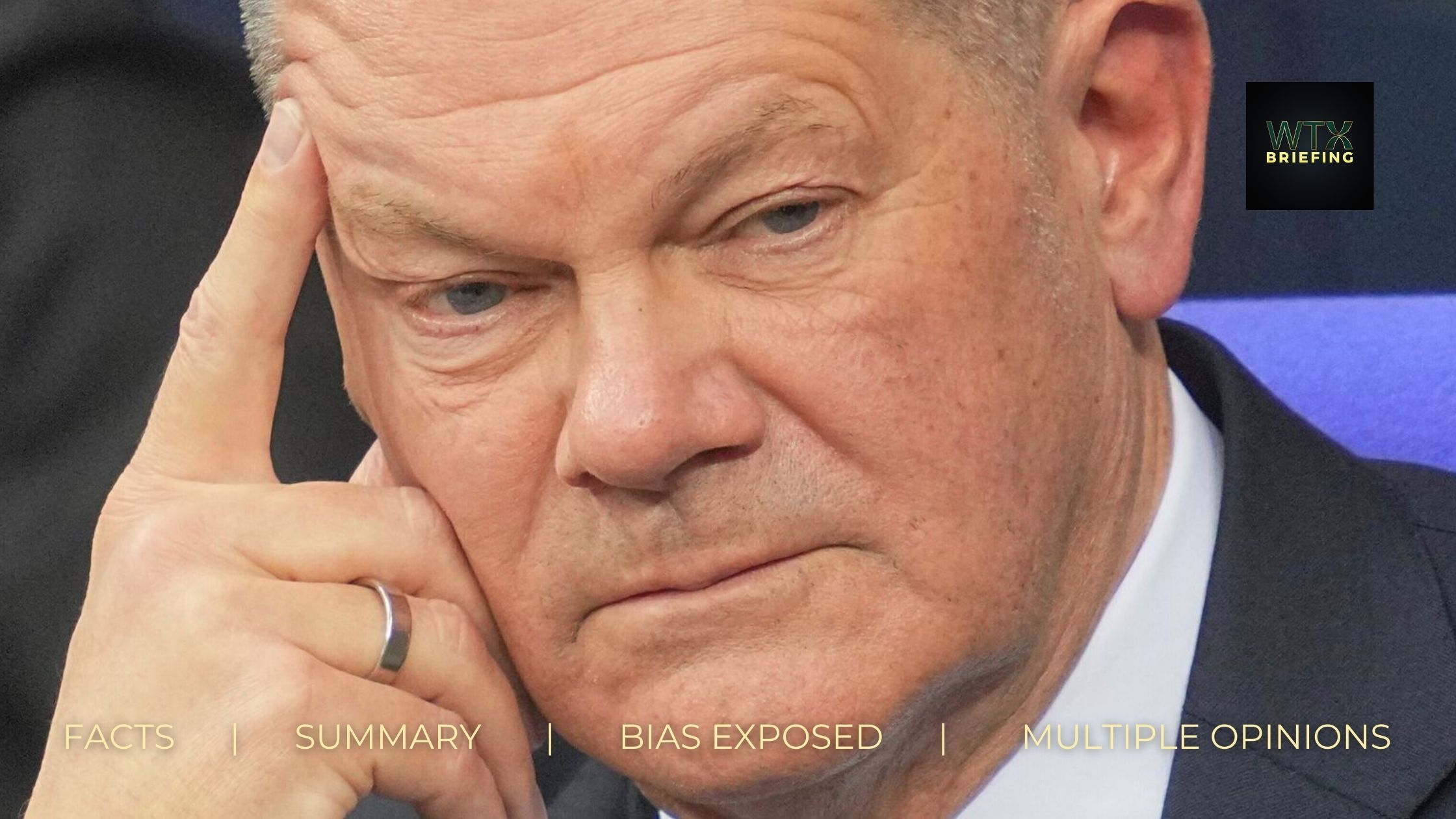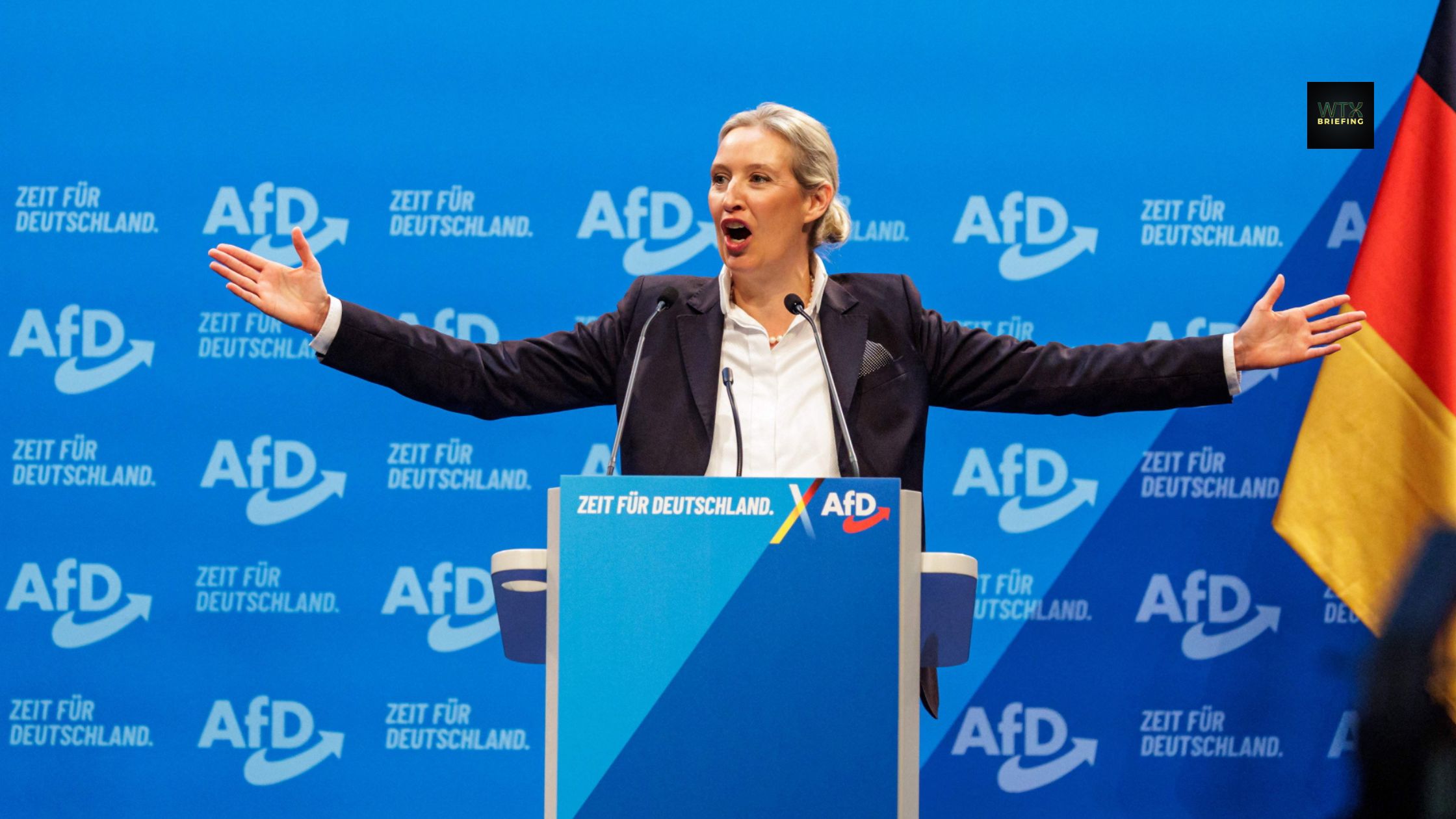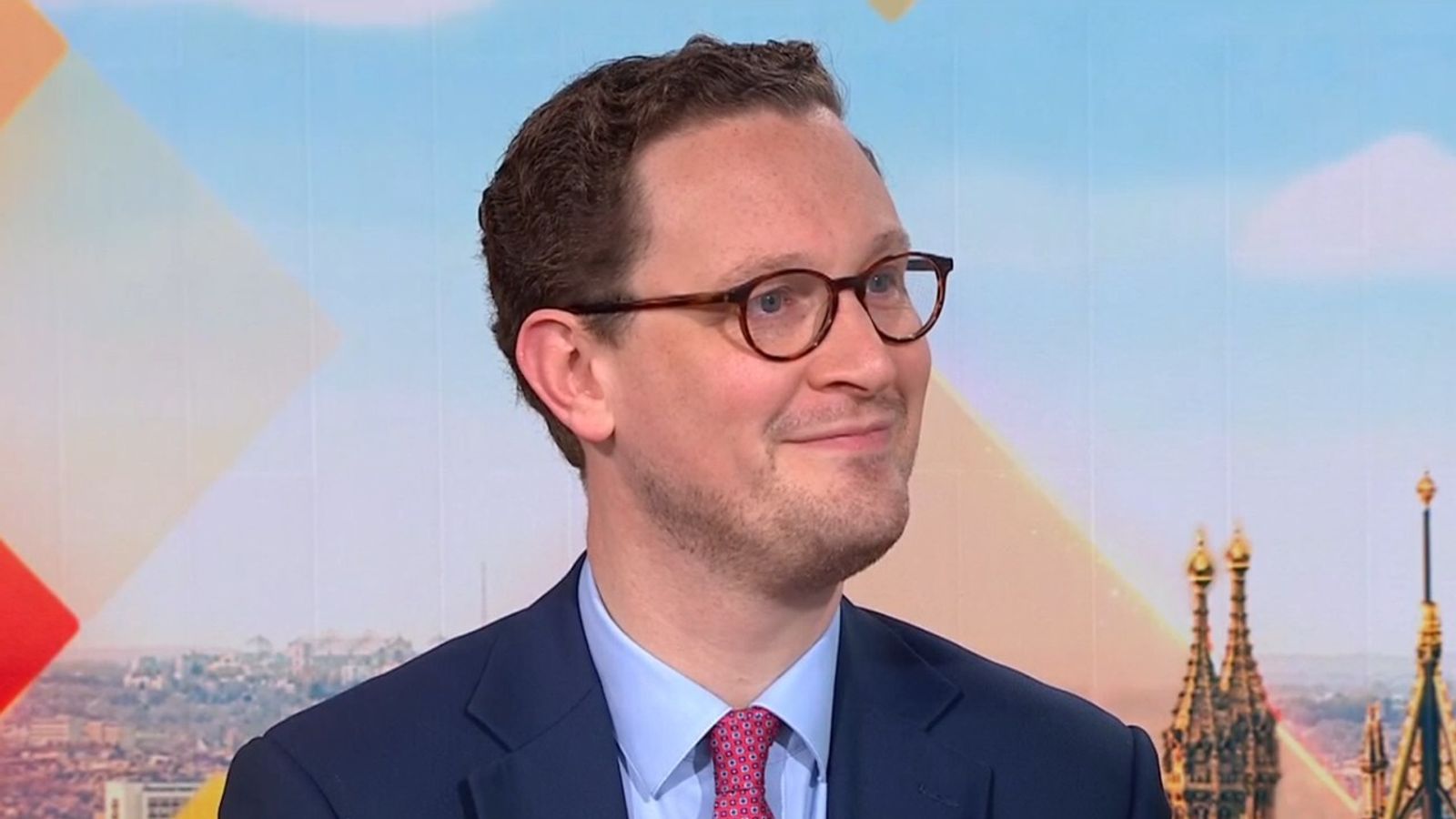German Elections 2025: Who’s Running for Chancellor & Key Political Parties Explained
On Sunday 23 February 2025, voters will head to the polling stations to cast their votes in the German federal election. They will vote twice: once for a candidate in their local constituency and a second vote for a German political party at the state level.
It’s the second vote that we’ll be looking at here. Who are the German political parties, what do they represent and who’s in the running for chancellor?
Germany’s Key political parties explained
There are six main political parties that will play a role in the Bundestag election. It’s important to remember that coalition governments are common in Germany as it’s unlikely any one party will secure enough votes to be the sole victor.
German political parties 2025: No single party will secure the victory but the one with the majority will look for who to partner with. It wouldn’t be unusual to see more than 2 political parties joining together.
Linke (left)
The Left (Die Linke) is a German political party founded in 2007, emerging from a merger between the Party of Democratic Socialism (PDS) and the Labour and Social Justice – The Electoral Alternative (WASG).
It’s a left-wing party which advocates for social justice, anti-capitalism and pacifism. The party supports policies such as wealth redistribution, stronger welfare systems, and public ownership of key industries. It is critical of NATO and military interventions.
SPD (social democrats)
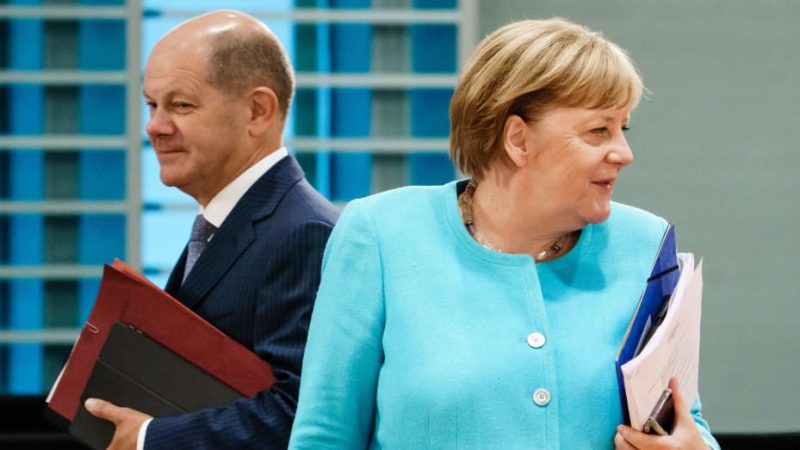
The Social Democratic Party of Germany (SPD) is one of the oldest and most established political parties in Germany, founded in 1863. As a centre-left party, it champions social democracy, workers’ rights, and social justice. The party is historically rooted in the labour movement and advocates for a balanced market economy, strong social welfare systems, progressive taxation, and the environment.
It is currently led by Chancellor Olaf Scholz and is a major force in German politics. It often participates in coalition governments and has played a key role in shaping modern Germany.
Greens
The Greens (Bündnis 90/Die Grünen) is a German political party founded in 1980, born out of environmental, anti-nuclear, and peace movements. It combines ecological sustainability with progressive social policies, advocating for climate action, renewable energy, and environmental protection. The party also supports social justice, gender equality, and digital rights.
Over the years, the Greens have evolved from a protest movement to a mainstream political force, often participating in coalition governments at both state and federal levels.
They gained significant influence in the 2021 federal election, becoming part of the governing coalition under Chancellor Olaf Scholz. The party appeals particularly to younger, urban, and environmentally conscious voters, making it a key player in Germany’s political landscape.
FPD (liberals)
The Free Democratic Party (FDP) is a German political party founded in 1948, representing classical liberalism and centrist free-market policies. It advocates for individual freedoms, limited government intervention, lower taxes, and deregulation, emphasising economic liberalism and entrepreneurship. The FDP also supports civil liberties, digital innovation, and a strong European Union. Historically, it has played a key role as a coalition partner in German governments, often holding the balance of power between larger parties.
The party appeals primarily to business professionals, middle-class voters, and those favouring free-market solutions, positioning itself as a pragmatic and pro-business force in German politics.
CDU/CSU (conservatives)
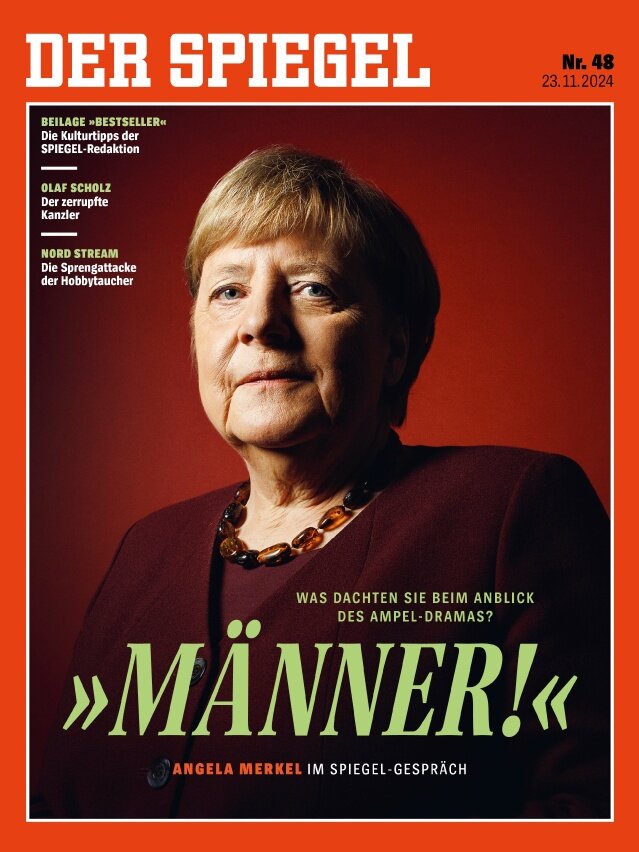
The Christian Democratic Union (CDU) and its Bavarian sister party, the Christian Social Union (CSU), form the centre-right conservative bloc in German politics.
Both parties emphasise Christian democratic values, promoting social market economy principles, family-oriented policies, and a strong welfare state balanced with fiscal responsibility. They advocate for law and order, traditional values, and a robust European Union. Historically dominant in post-war Germany, the CDU/CSU has produced several chancellors, including Angela Merkel, who led the country for 16 years. While the bloc lost the 2021 federal election, it remains a major opposition force, appealing to a broad base of conservative, middle-class, and business-oriented voters.
AfD (right-wing)
The Alternative for Germany (AfD) is a right-wing political party founded in 2013, initially as a Eurosceptic movement opposed to eurozone bailouts. Over time, it has shifted focus to anti-immigration, nationalist, and populist rhetoric, often criticizing Islam, multiculturalism, and the European Union.
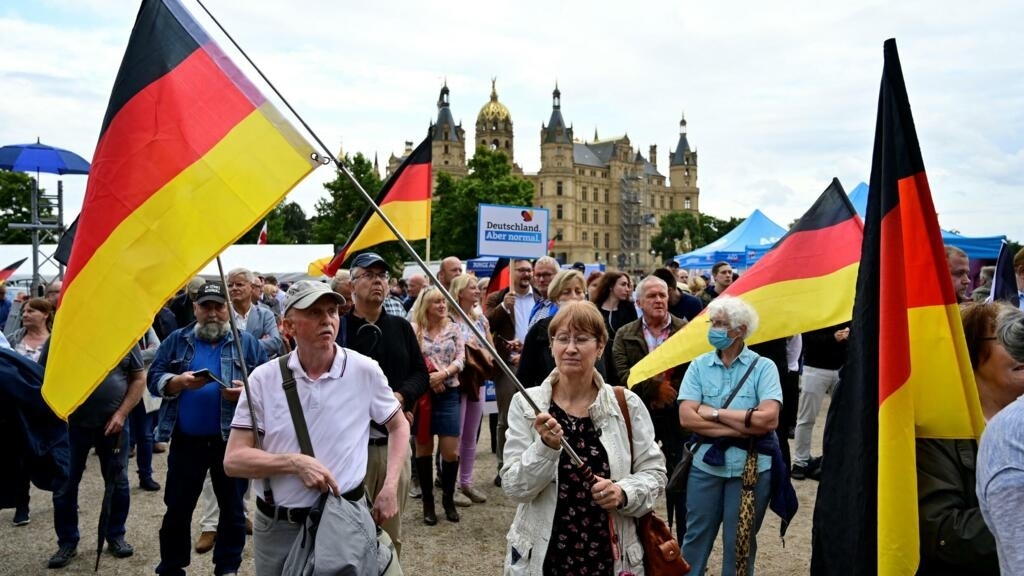
The party also promotes conservative social values, scepticism toward climate change policies, and stricter law-and-order measures. While it has gained significant support, particularly in eastern Germany, the AfD is controversial and frequently accused of harbouring far-right extremism. It has become a major opposition force in the Bundestag and several state parliaments, appealing to voters disillusioned with mainstream parties, but its radical stance has led to its exclusion from coalition-building efforts.
Which of the German political parties 2025 are the favourites to win?
The conservative CDU and CSU parties are, according to polls, the favourite to win the most seats. However, they have already ruled out a coalition with the AfD, meaning their options for potential government partners are slimmer.
If they do win, it means they will likely need to secure a deal with either – or potentially both – the SPD and the Greens.
If the CDU/CSU does win, leader Friedrich Merz is set to be the next Chancellor. However many in the SPD are reluctant to work with him following a row over migration.
Who’s running for Chancellor in the snap federal election?
If the biggest party can secure a coalition, the president will usually nominate its leader as chancellor. There are five candidates in the running for the role. A secret ballot will be held by parliament following the election and providing the candidate is approved they will be sworn in before the Bundestag.
Freidrich Merz – Christian Democrats (CDU)
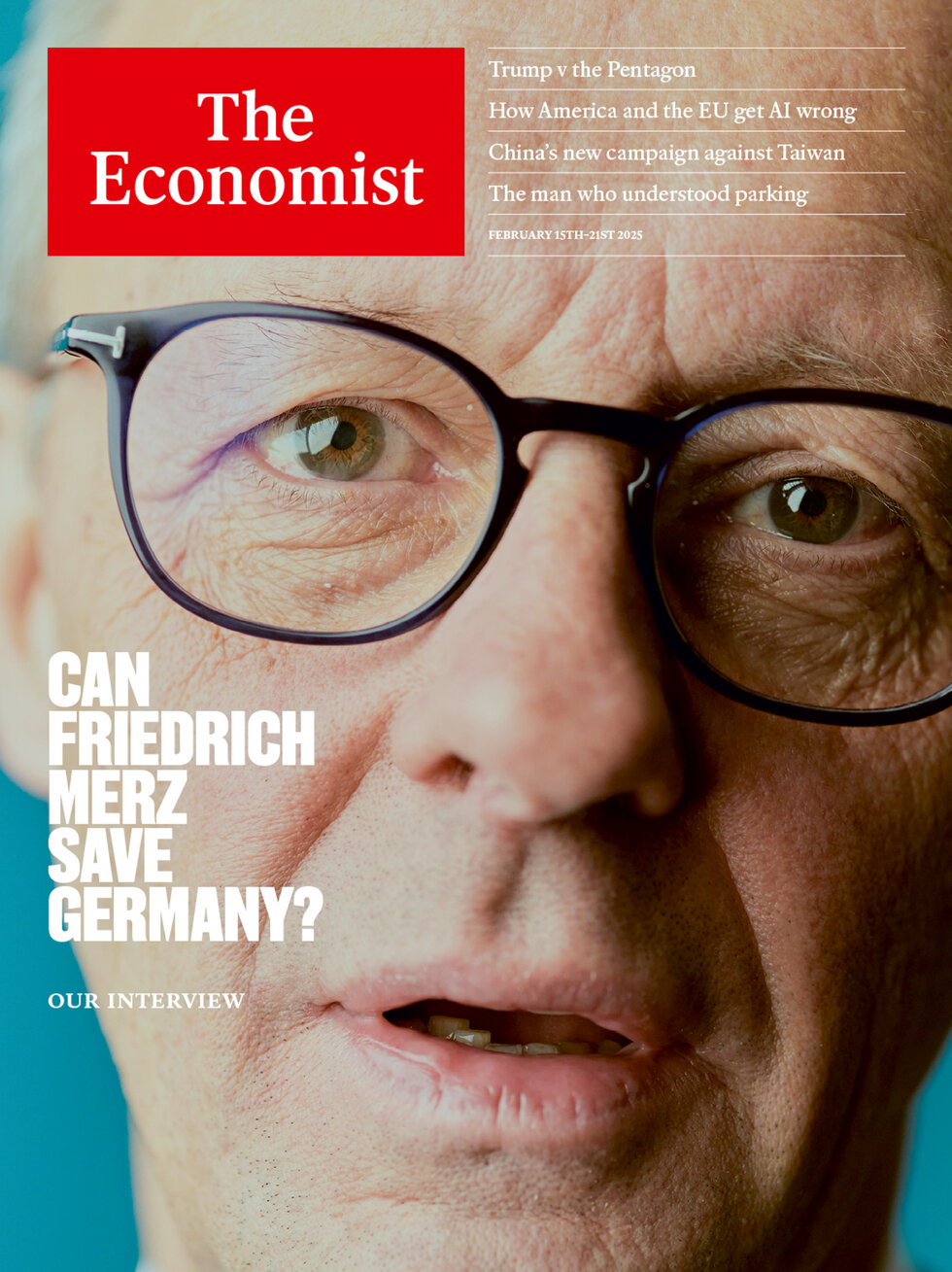
Mertz is racing ahead in the polls and is most likely to become chancellor. He was chosen ahead of Markus Söder, the leader of their sister party in Bavaria, the Christian Social Union (CSU).
He’s proved to be a bit of a divisive character having already faced backlash ahead of the election when he sought to tighten immigration rules by relying on AfD votes.
Mertz has ruled out working with the AfD, promised greater leadership from Germany in Europe, pledged more support to Ukraine and refused to rule out Nato membership.
Olaf Scholz – Social Democrats (SPD)
The current German Chancellor, Olaf Scholz lost a vote of no confidence which led to the snap election.
He has been in the role for three years and led a fairly unpopular coalition government – which collapsed following a row over loosening Germany’s strict debt rules.
His government has struggled from the beginning, with Russia’s invasion of Ukraine a driving force behind the struggling German economy.
He has been accused of acting too slowly on Ukraine, but has promised European support to Ukraine for as long as needed and has rejected the idea of any dictated peace.
He has backed faster deportations of failed asylum seekers and his government reimposed border checks, which he claims has reduced the number of asylum requests by a third in one year.
The SPD want to create a “Germany fund” to boost investment and to raise the minimum wage to €15 (£12.50) an hour from €12.82.
Many in the SPD believe Scholz should have stepped aside and allowed colleague Boris Pistorius to run for chancellor instead.
Alice Weidel – AfD
Alice Weidel, 46, is the candidate for the far-right party AfD. She has the backing of American billionaire Elon Musk.
Her chances of winning power are slim but she is popular amongst young voters on social media and this election could serve as a dry run for the next election.
In four years, Germans will again head to the polls for another Bundestag election, and it’s that one that the AfD will realistically aim for.
The next four years will be about growing the seeds they’ve planted and hoping it pays off in 2029.
The AfD has been rising in popularity in recent times, securing election victories (state election in Thuringia) along the way.
The major parties have ruled out working with the AfD.
Weidel is a bit of an interesting contradiction. She’s in a same-sex relationship with a woman from Sri Lanka but holds right-wing extremist views.
She’s backed calls for mass deportation of migrants, wants to end sanctions on Russia, is prepared to destroy the Nord Stream gas pipelines and wants to bring down wind turbines (despite them providing a quarter of Germany’s electricity).
Robert Habeck – Greens
Habeck played a key role in the Scholz government serving as vice-chancellor and economy minister.
He’s experienced a drop in polling following the watering down of one of his key policies – phasing out fossil-fuel heating systems.
He rejects any return to nuclear energy and calls for more affordable access to renewable energy.
Habeck is a strong supporter of German aid to Ukraine and has criticised likely winner Freidrich Merz for relying on AfD votes in parliament.
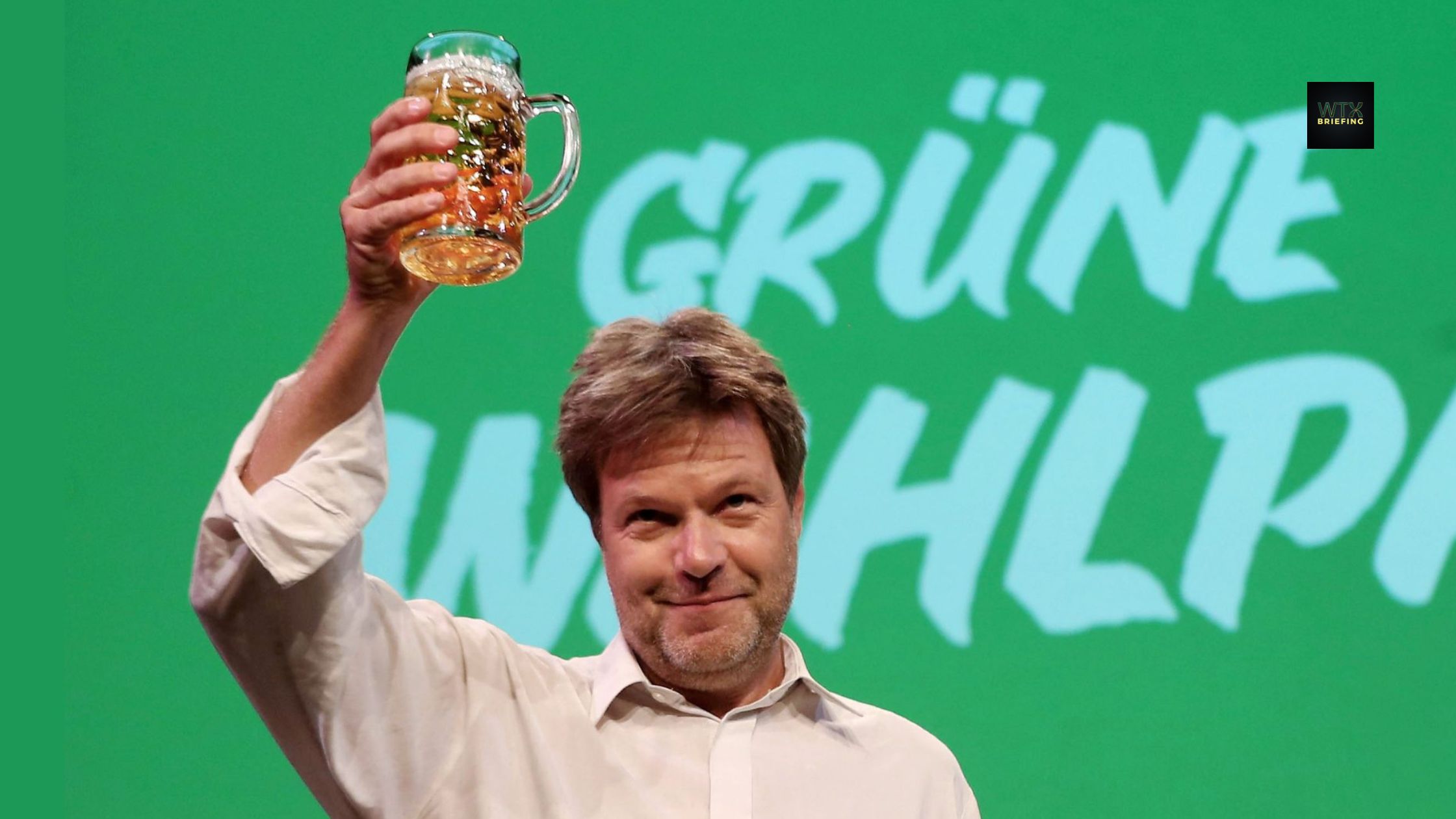
Sahra Wagenknecht – BSW
Wagenknecht calls her politics “left conservatism” and presents herself as an alternative to the AfD. She backs strict limits on asylum and immigration and has backed closer relations with Russia (building up a sizable support base in eastern Germany).
She shares the AfD’s opposition to German military support for Ukraine and has been accused of parroting Kremlin narratives of the war.
She’s unlikely to meet the 5% national threshold to get into the Bundestag.
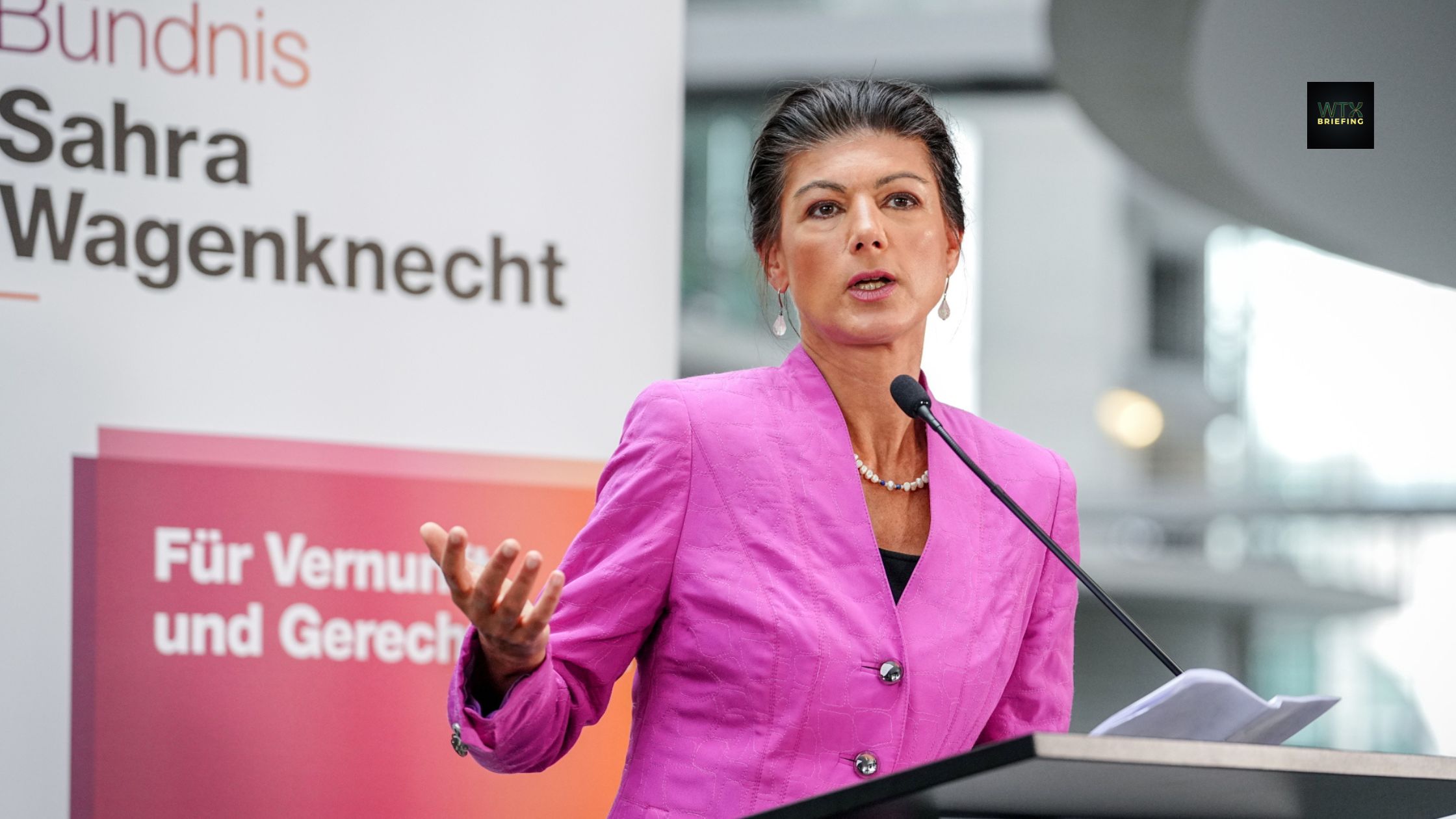
Related stories
- German elections 2025: Basic guide to the federal election in Germany
- Pistorius won’t run for chancellor candidate in Germany snap election
- How the German federal election may shape migration in the entire EU
- German elections 2025: How Russia is influencing the Bundestag election
German Federal Election 2025
The German federal election 2025 will take place on Sunday 23 February. Germans will vote twice: once for a local candidate and the second vote for a party in the Bundestag.
German Election Candidates 2025
The German chancellor candidates 2025 include current chancellor Olaf Scholz (SPD), front-runner Freidrich Merz (CDU), Alice Weidel (AfD), Robert Habeck (Greens) and Sahra Wagenknecht (BSW)
German chancellor candidates 2025
Of the German chancellor candidates Freidrich Merz is on course to secure victory – according to the opinion polls.
German political parties 2025
Remeber German political parties usually form a coalition so whilst CDU is likely to win, the real question is who will join them in power.

